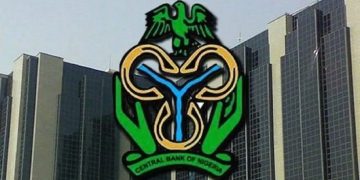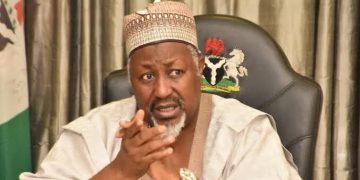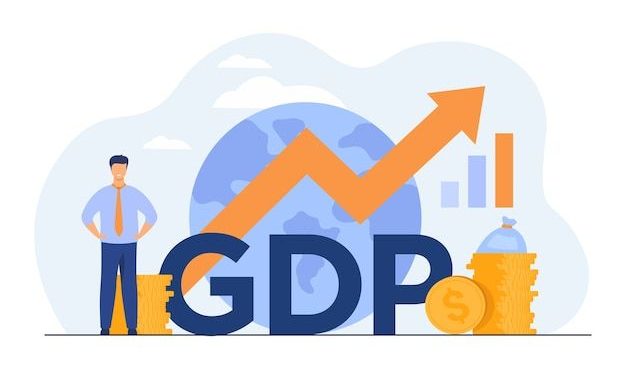Nigeria’s economy recorded a 3.13% year-on-year GDP growth in Q1 2025, according to the National Bureau of Statistics (NBS), following a major rebasing of national accounts to reflect ₦205 trillion GDP. Read full analysis and sector breakdown.
Nigeria’s Gross Domestic Product (GDP) grew by 3.13% in real terms year-on-year in the first quarter of 2025, according to the latest data released by the National Bureau of Statistics (NBS). The performance marks a rebound from the 2.27% growth rate posted in Q1 2024 and points to a gradual economic recovery despite macroeconomic turbulence.
The NBS also officially rebased the national accounts, updating the GDP base year from 2010 to 2019, which recalibrated the country’s total economic output to ₦205 trillion. This rebasing reflects a more accurate measurement of economic activities by including dynamic sectors such as e-commerce, digital services, transport, tourism, and the cultural economy.
Sectoral Breakdown: Services Lead GDP Expansion in Q1 2025
The services sector continued to dominate Nigeria’s GDP composition, growing by 4.33% and contributing over 57% to the country’s total output. This reflects strong performances in ICT, finance, and trade.
Industry recorded a year-on-year growth of 3.42%, supported by manufacturing and construction activity. Agriculture, though slightly impacted by seasonal challenges and insecurity in rural regions, maintained positive real growth.
The non-oil sector recorded a solid performance with a 3.19% increase in Q1 2025. This emphasizes Nigeria’s ongoing diversification away from crude oil dependency.
Oil Sector Growth Slows as Crude Production Edges Higher
Crude oil production averaged 1.6 million barrels per day (mbpd) in Q1 2025, slightly up from 1.57 mbpd in Q1 2024. However, the oil sector’s real GDP growth declined to 1.87%, down from 4.71% a year earlier. Supply disruptions and global price volatility continued to affect the sector’s output.
Nominal GDP Reaches ₦94 Trillion After Rebasing
In nominal terms, GDP stood at ₦94.05 trillion in Q1 2025, an 18.3% increase from ₦79.51 trillion in the same period of 2024. The rebasing significantly updated Nigeria’s economic size and composition, boosting its nominal GDP by over ₦60 trillion compared to the old base year.
Macroeconomic Environment: Inflation, Employment, and Policy Impact
The economic expansion occurred amid challenging macroeconomic conditions, including high inflation and weak consumer demand. As of June 2024, Nigeria’s headline inflation rate stood at 34.19%, driven by elevated energy costs, food prices, and currency depreciation following the removal of fuel subsidies and exchange rate unification.
According to the last available NBS labour force report from Q3 2023, Nigeria’s national unemployment rate was 5%, while the urban unemployment rate stood at 6%. Updated labour statistics are expected in the next quarterly bulletin
Growth Signals Economic Stability, but Challenges Persist
The Q1 2025 GDP figures, paired with the comprehensive rebasing of Nigeria’s economy, provide a clearer picture of the country’s actual economic structure. While growth remains below official projections of 4.9%, the data shows resilience and progress in key sectors, particularly services and non-oil industries.
The rebased figures offer policymakers, investors, and analysts a more accurate framework for decision-making. As Nigeria navigates complex reforms and external headwinds, consistent data and transparent reporting remain essential for long-term economic planning.























































